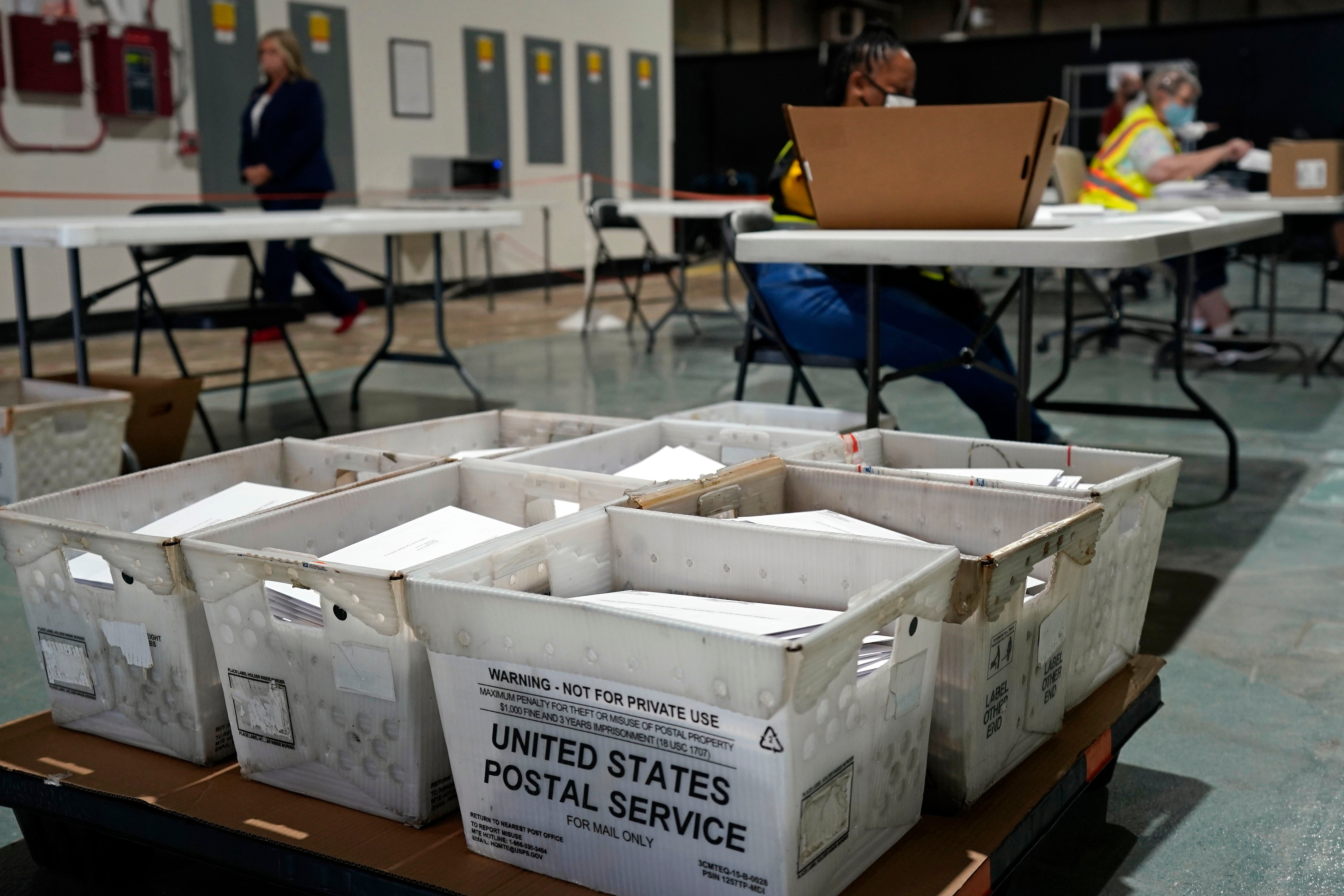NC halts plan to resolve ballot issue with voter affidavits
The North Carolina State Board of Election has sent out a memo encouraging county elections officials to suspend a program allowing voters to sign an affidavit to make up for the lack of a witness signature on their ballots

Pending a legal review the North Carolina State Board of Elections is suspending steps to allow voters to correct absentee ballots lacking the required witness signature by signing an affidavit.
In a memo sent to county elections officials on Thursday, the state board's executive director, Karen Brinson Bell, ordered them to hit the brakes on the plan.
“Absentee envelopes with a missing witness signature shall be kept in a secure location and shall not be considered by the county board until further notice," Bell wrote.
Last week's memo had directed counties to send out affidavits to the thousands of voters who need to correct witness-related issues in order for their ballots to count. State data has shown that ballots cast by Black voters have been set aside by county boards because of incomplete witness information at a higher rate than other voters.
Before the state began encouraging the use of affidavits, local elections officials had to send out an entirely new ballot for voters to complete with all the necessary information.
A federal judge on Wednesday expressed concern that last week's memo from the state elections board to issue affidavits instead of a new ballot would essentially upend the witness requirement.
Federal Judge William Osteen ordered a status conference to address his concerns that the affidavit directive doesn't comply with a ruling he issued in August upholding the need for a witness.
“This court finds a status conference is necessary in light of this court’s present concern that alleged compliance with this court’s order is resulting in elimination of a duly-enacted statute requiring a witness to an absentee ballot,” Osteen wrote. The conference will be held on Wednesday.
Meanwhile, a state court hearing is scheduled for Friday to decide whether the state's affidavit guidance can go forward under the settlement reached last week between the state elections board and the North Carolina Alliance for Retired Americans.
The two Republican members of the five-member body who supported the settlement resigned shortly after receiving substantial pushback from GOP leadership in the state. The state’s Republican Party has accused Democrats of misleading the two members into supporting the easing of certain voting procedures.
Other provisions in the settlement include a six-day extension for officials to receive mailed absentee ballots postmarked by Election Day and an easing of the process for absentee ballots to be returned at early in-person voting sites set to open later this month.
___
Follow Anderson on Twitter at https://twitter.com/BryanRAnderson.
___
AP’s Advance Voting guide brings you the facts about voting early, by mail or absentee from each state: https://interactives.ap.org/advance-voting-2020/
___
Anderson is a corps member for the Associated Press/Report for America Statehouse News Initiative. Report for America is a nonprofit national service program that places journalists in local newsrooms to report on undercovered issues.
Bookmark popover
Removed from bookmarks